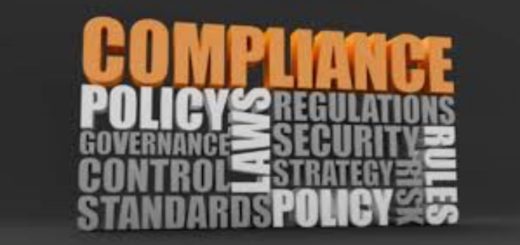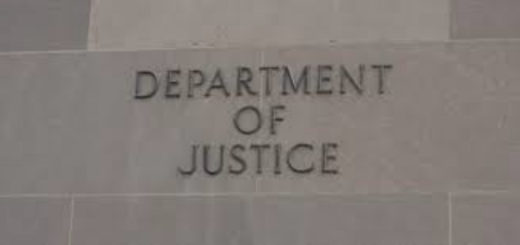Train Your Board and C-Suite Now – The Under-Education of Corporate Leadership
The next time we read about a train wreck of corporate malfeasance – be it in the anti-corruption, money laundering, financial reporting or any other space you can think of – please do not shrug your shoulders and shake your head from side to side. Instead, let’s consider how the board and senior management handled the specific matter, why they failed to address any concerns...
























